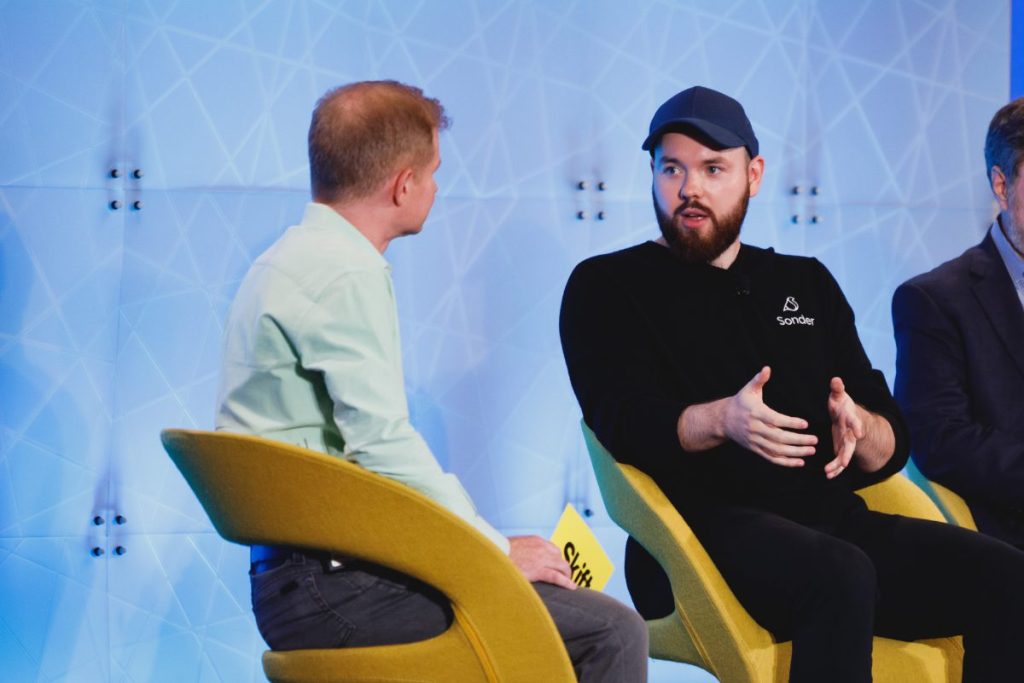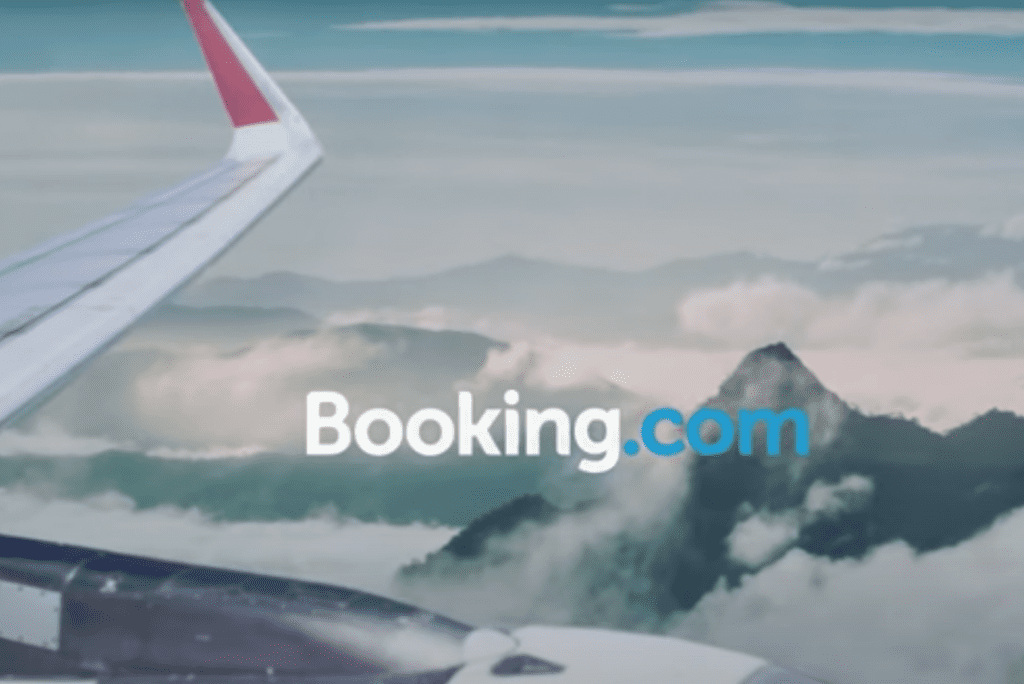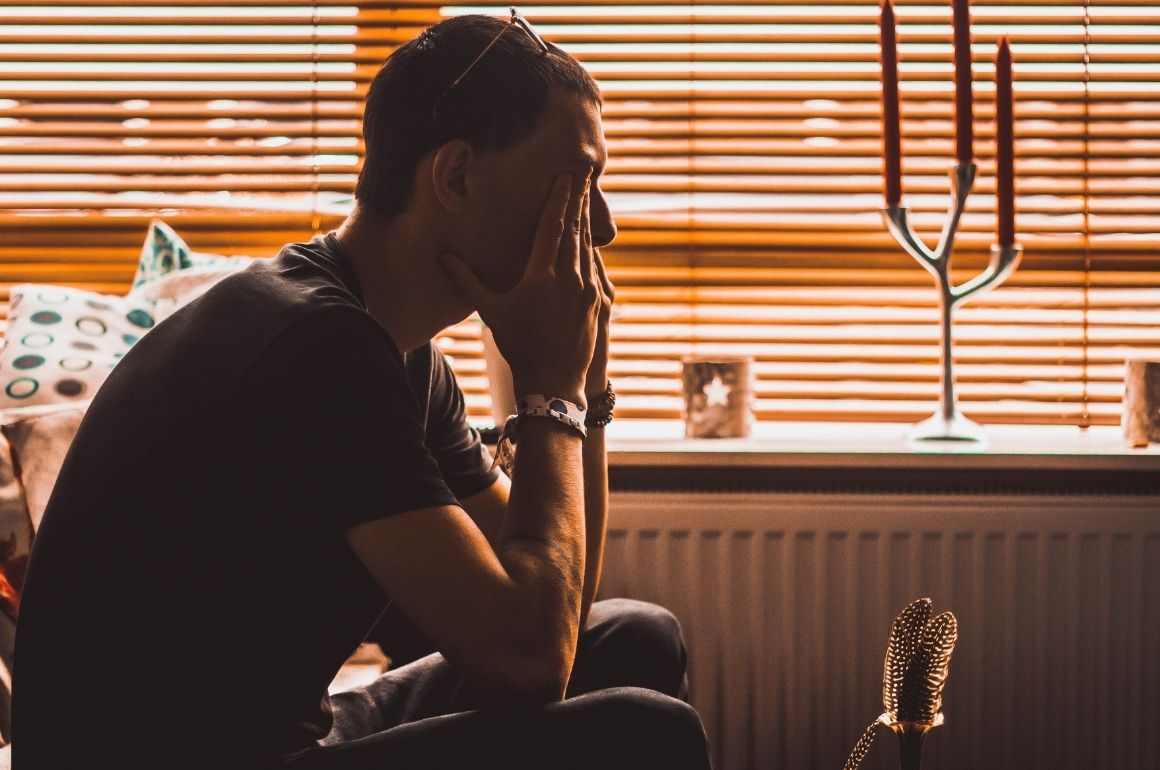Hotels
Sonder Slashes Workforce by More Than 20 Percent, Including Top Tech Exec
The hospitality brand has had to take action to reassure investors it's not over-stretching itself, because they'll now be expecting much higher revenues as travel roars back.







